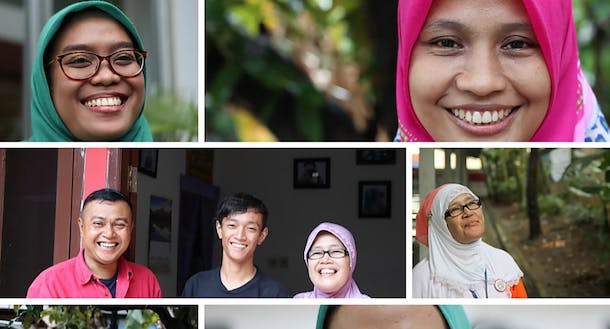
Around the world, 225 million girls and women who want to choose when, whether, and how many children to have face barriers accessing contraceptive information and services. When girls and women can’t plan their families, they face numerous challenges – from an increased risk of death, to a greater risk of dropping out of school, to a reduced ability to earn an income, and more.
Expanding access to modern contraceptives is a key priority for the United Nations – and a commitment world leaders made last year when they adopted the Sustainable Development Goals. As an estimated 1 billion women enter the global workforce over the next two decades, there is an unprecedented opportunity to reach and empower women by providing critical reproductive health education and services through workplace programs.
A number of companies, including several in the apparel sector, an industry dominated by women workers, have already begun empowering workers in their supply chains through programs that provide access to reproductive health information and services. ANN INC., the parent company of Ann Taylor, LOFT, and Lou & Grey, is one company that has begun encouraging its suppliers to provide women’s health education and services in its factories.
The Universal Access Project at the United Nations Foundation recently visited an ANN INC. supplier factory in Jakarta, Indonesia where we interviewed several women workers and a manager about how the reproductive health education they have gained through a workplace health program has changed their lives.



 View All Blog Posts
View All Blog Posts